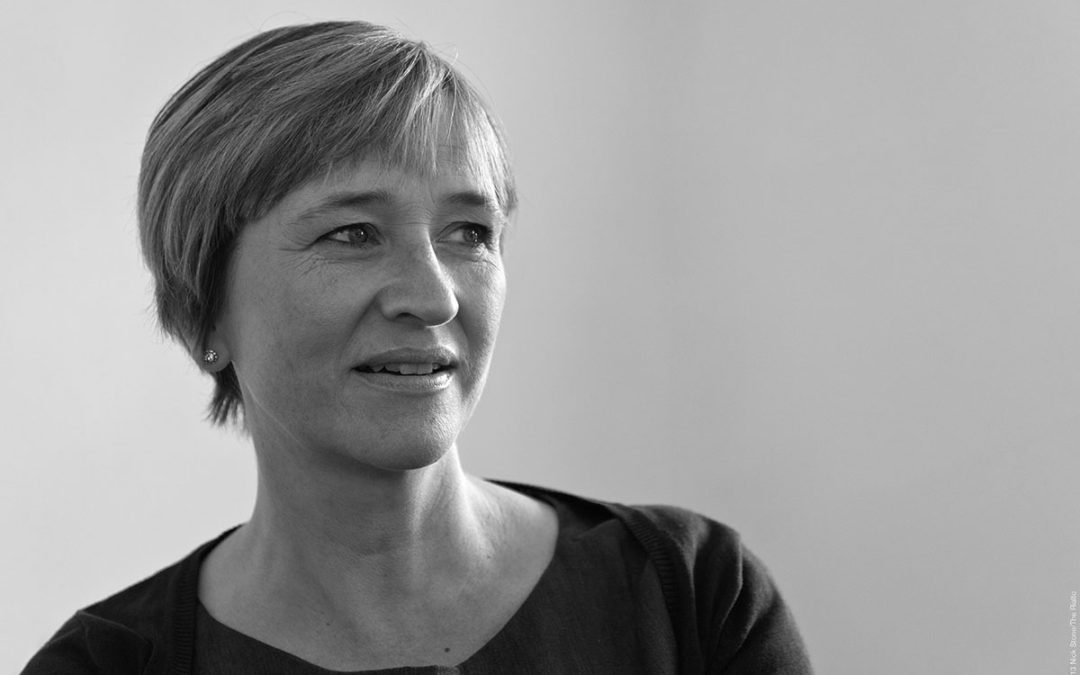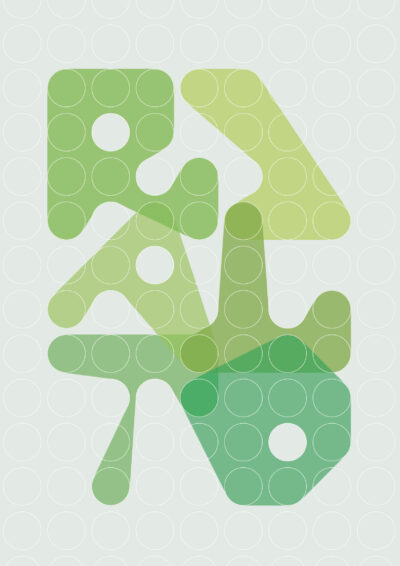My Rialto pamphlet won the Michael Marks prize, and part of the prize is that you get to go to Greece for two weeks to be the poet in residence for Harvard University’s Hellenic summer school. I think if someone were to ask me what was the best single thing about this experience, I would say that it showed me how to write about big things without fear.
Most of the Greek poets that I met and read with seemed to soar effortlessly into the places I want to get to in my own poems, the places I hold back from because of a fear of … I’m not exactly sure what, but anyway let’s not get into that now, let’s ask where the Greek poets go, because that’s what matters. They kept returning to the high risk place where poetry is about the soul, and death, and love, and beauty, and myths – the place where bits of myth fall into their laps, soft and ready to be made into poems. And they used the whole array of words associated with those things – precisely the words that I can remember being slapped on the wrist for using in some of my first workshops. I can still remember the advice that it was better not to speak directly about beauty, or the wince of embarrassment when I was told that an allusion to Odysseus was pretentious.
I’m not saying that there aren’t British poets who write about these things – of course there are – but rather that an emerging poet in this country, someone who is just starting out, is too likely to get the message that taking one’s images into this area is a foolhardy thing to do, something to be discouraged.
One of the poets I met in Greece, Siarita Kouka, writes about exactly this.
Beautiful the lists of words
From alpha and epsilon.
It is urgent to have a flexible language
To allow a beginners’ poetry
The bravery of ignorance
The sweet swoon of idiosyncrasy.
So you handle it
Without shame
You play with passion like a child
To offer succour.
‘Shame’ is absolutely the right word, and the more I think about it, the more I think that’s the source of the fear.
But my fortnight was too rich for me to stop at a single best thing. The other best thing was taking part in the Paros translation symposium in Athens. I loved this not only because I am new to the slightly giddy ego boost of having my poem translated at all, but also because it made me aware of the very specific sorts of precision that poems call for. What I found, was that sometimes, at least, this precision is not located in the words – the words are the vehicles that get you there. So for example when we were working on a poem, either my own or someone else’s, we were often looking for a word that would identify a precise bit of something; a particular place within the body, a particular part of a ship, a colour or a texture. When we got stuck we used gestures or drawings – which was possible because the solution to the problem was not so much the word as the thing the word served to name. And what I noticed was that the places where we got stuck, were the places where the poem was at its strongest, where it was pushing itself right up against the limits of expressibility. So there was an amazing sense in which translating a poem is like having another go at writing it, only this time it isn’t a solitary activity, it’s a collective one.
My residency began on the day of the Tsipras’ referendum, and ended as angry crowds demonstrated in front of the Parliament building in Athens. And of course everyone was talking about the crisis, constantly and passionately. So it would be odd not to say anything about that here. But in a way I don’t want to because now I’m back in the UK, that way of talking about Greece, as a place of crisis and economic failure, strikes a very different note. It is as if the whole conversation has shifted into a harsher, more judgemental key where Greece has to constantly wear its humiliation every time it appears in front of us. And I don’t want to take part in that conversation because the place I’ve been lucky enough to go to isn’t essentially the country of financial failure. It is so much more than that.
Laura Scott
You can buy Laura’s pamphlet here.






